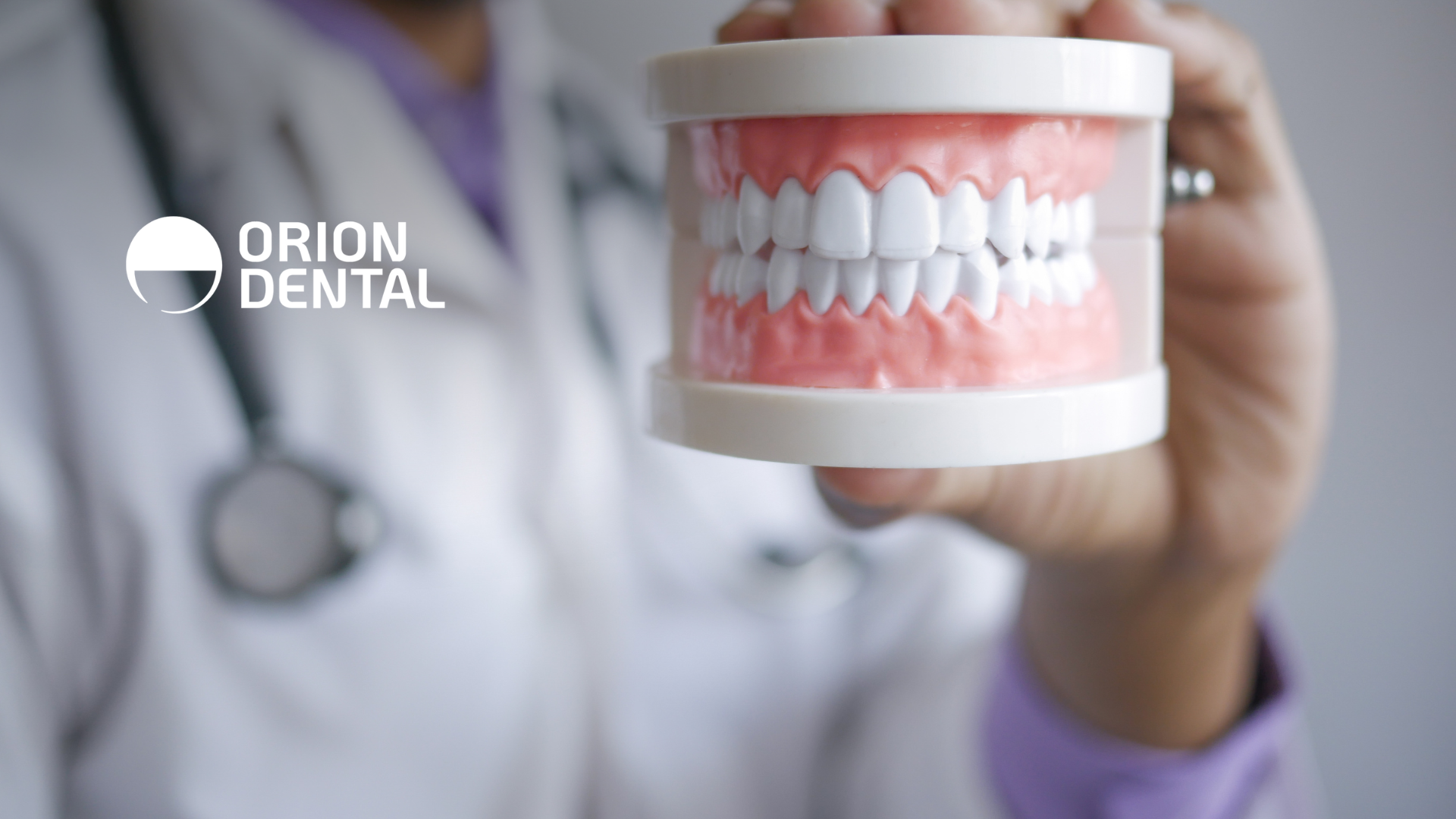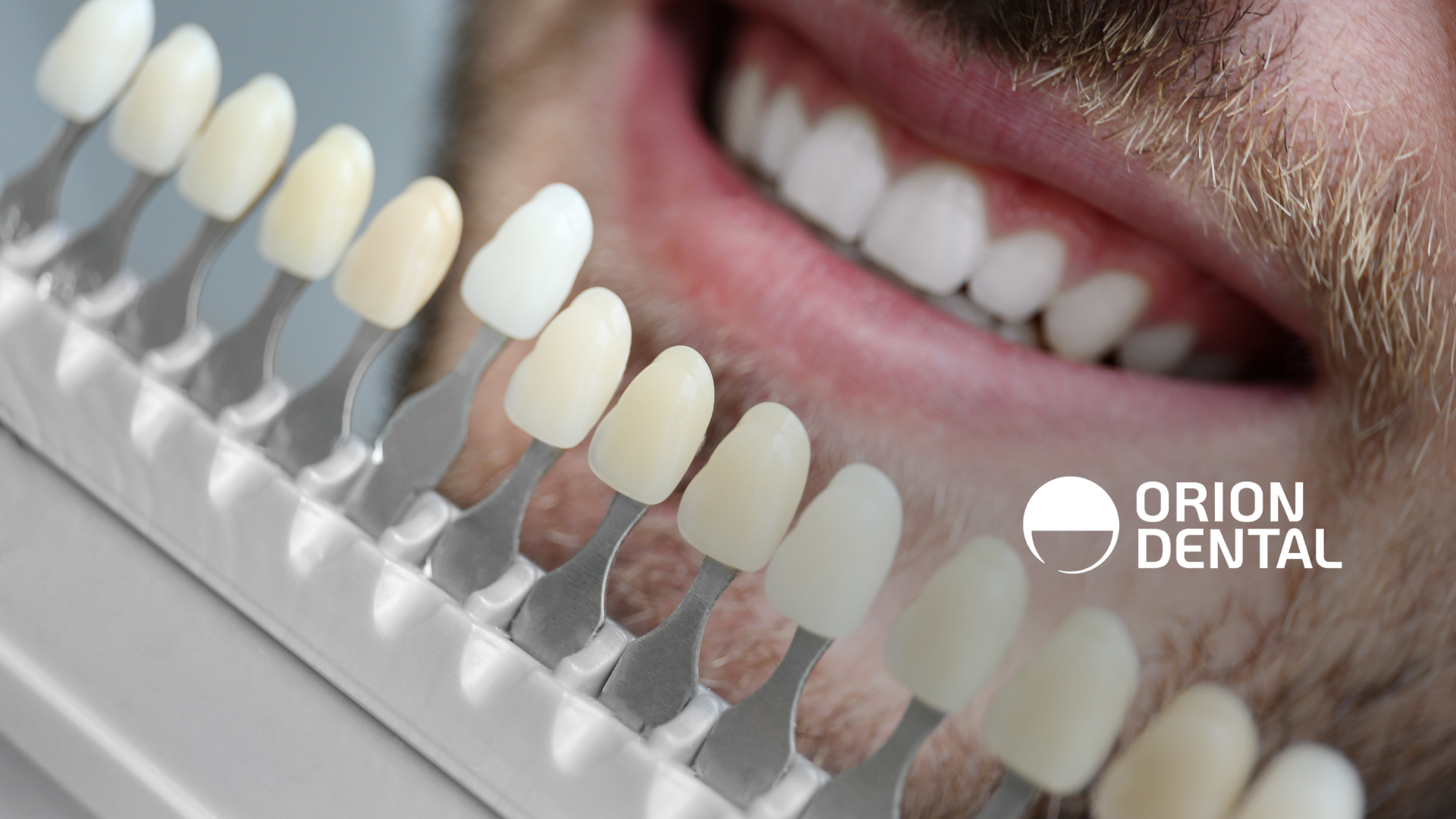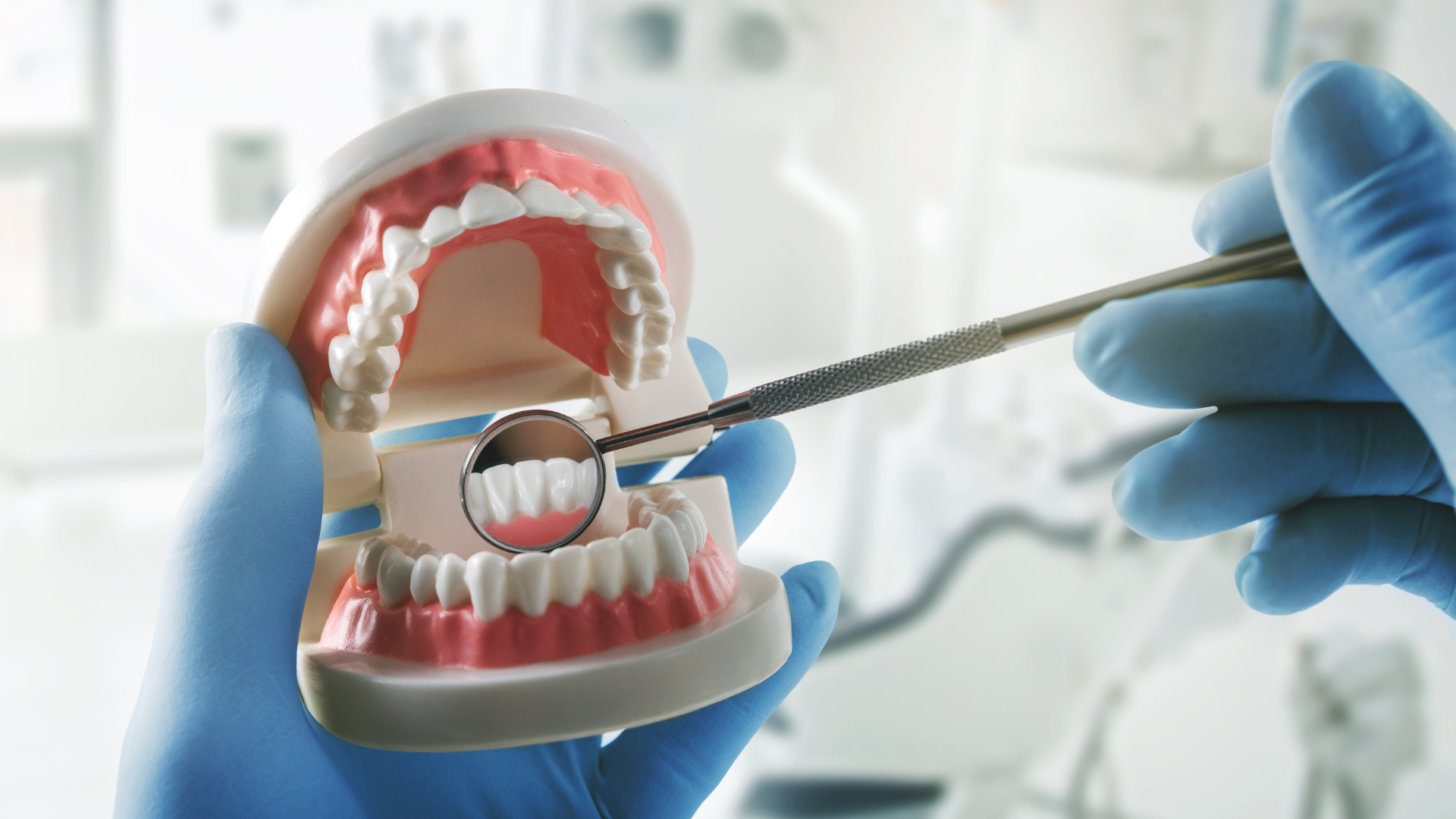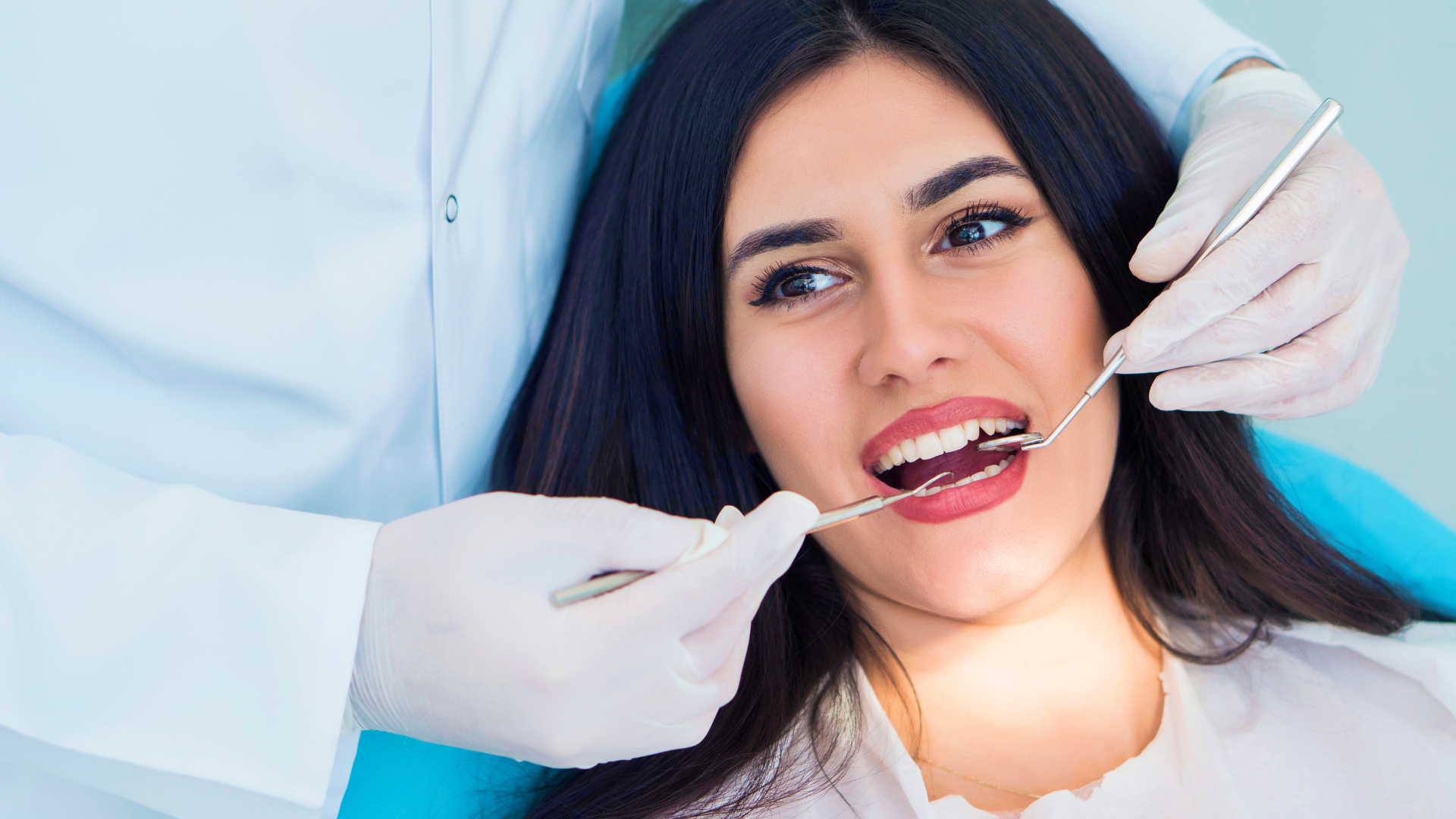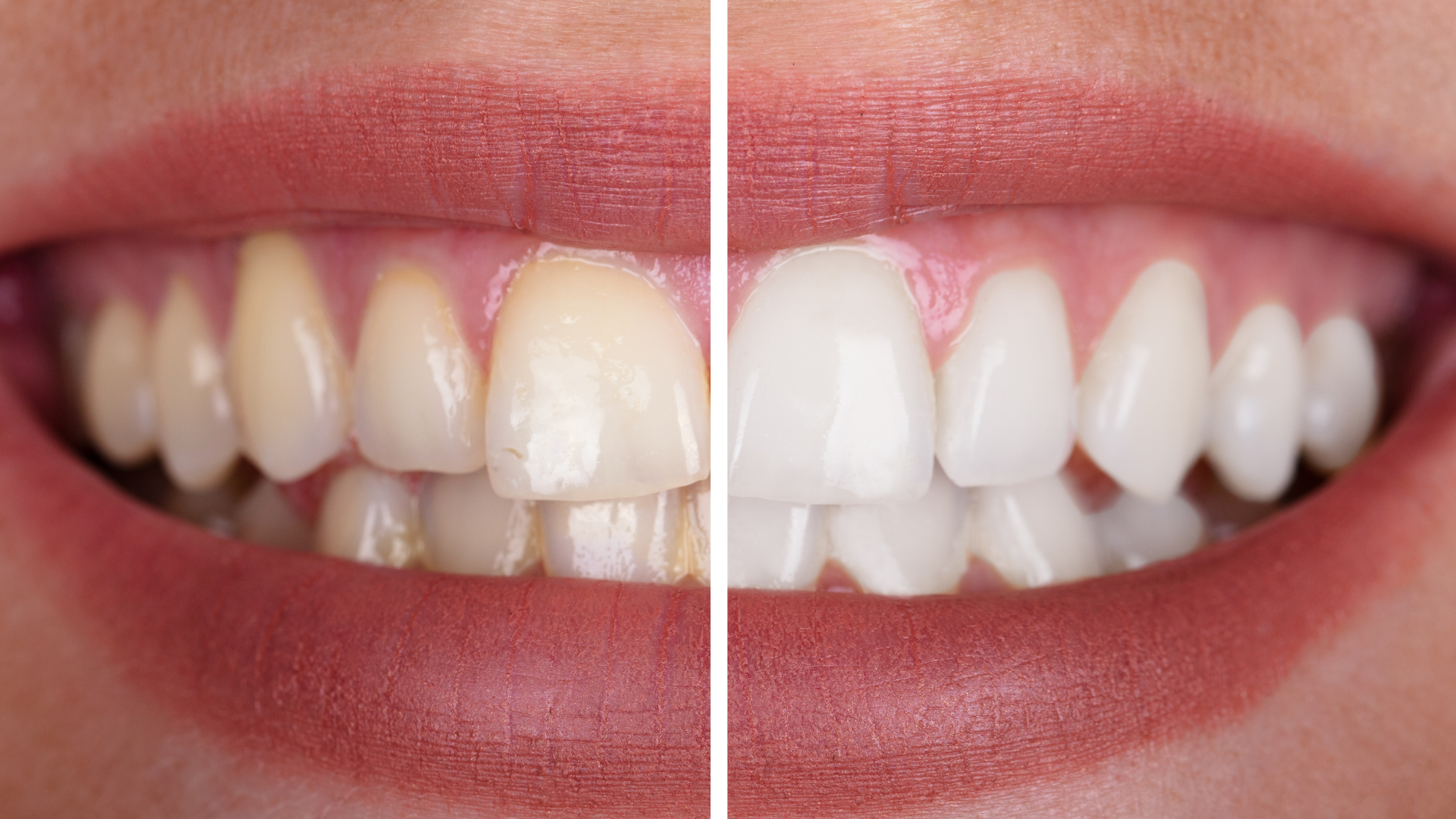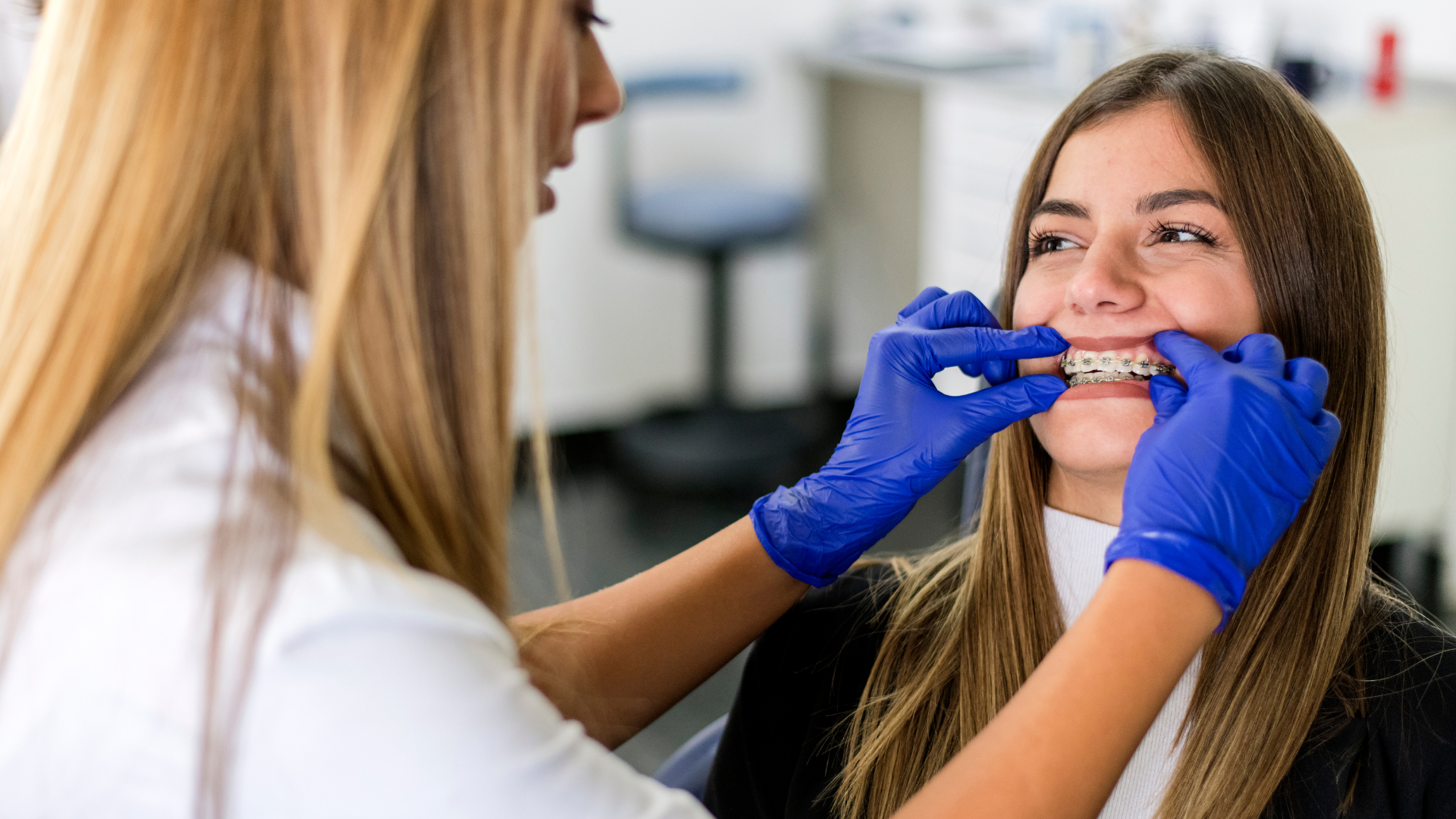2023 in Retrospect: Innovations in Dentistry and a Look Into 2024
The dental industry has witnessed a significant transformation in recent years, with 2023 marking a notable year for advancements and innovations. These changes have not only revolutionized dental treatment methodologies but have also enhanced patient care and outcomes. Among the standout developments of the past year were the increased application of artificial intelligence (AI) in diagnostics, the introduction of more durable and aesthetically pleasing materials for restorations, and the broader adoption of digital dentistry. Digital dentistry, in particular, has streamlined the design and fabrication of dental prosthetics, making treatments more efficient and patient-friendly.
Looking ahead to 2024, the dental industry is poised for further innovation. Expectations are high for the integration of augmented reality (AR) in patient education and treatment planning, further advancements in AI for predictive analytics, and the expansion of minimally invasive techniques for dental surgery. These advancements are anticipated to further refine the precision of dental treatments and improve patient experiences by minimizing discomfort and recovery time.
Orion Dental in Los Alamitos serves as a prime example of how dental practices incorporate cutting-edge technologies and methodologies to enhance patient care. Adopting the latest trends and advancements,
Orion Dental
exemplifies the current state of the dental industry but also provides a glimpse into the future of dental care. This discussion sets the stage to explore how such practices are navigating the wave of innovations to deliver superior dental services and what patients can expect in terms of treatment options and outcomes in the coming years.
Section 1: Reflecting on 2023 – Dental Industry Milestones
Reflecting on 2023 – Dental Industry Milestones
The year 2023 was a watershed moment for the dental industry, marked by groundbreaking technological advancements and significant improvements in patient care. These developments not only propelled dental practices into a new era of efficiency and effectiveness but also redefined the standards of dental health services.
1.1: Technological Breakthroughs
A pivotal area of progress has been in the application of Artificial Intelligence (AI) and Machine Learning in diagnostics. AI technologies have become instrumental in analyzing dental imagery, such as X-rays and 3D scans, with unparalleled accuracy and speed. Machine learning algorithms have been trained on vast datasets to identify patterns and anomalies that might escape the human eye, enabling early detection of conditions such as tooth decay, periodontal disease, and even oral cancers.
The rise of biocompatible materials has been another significant stride forward. Innovations in materials science have led to the development of more durable, aesthetically pleasing, and biologically harmonious materials for use in restorations and implants. These materials, including advanced ceramics and composite resins, not only mimic the natural appearance of tooth enamel but also support the health of surrounding tissues, reducing the risk of inflammation and rejection.
The impact of these technological breakthroughs on dental practices has been profound. AI-enhanced diagnostics have streamlined the patient assessment process, enabling more precise treatment planning and outcomes. Meanwhile, the adoption of biocompatible materials has improved the longevity and success rates of dental restorations and implants, enhancing patient satisfaction.
1.2: Enhanced Patient Outcomes
The application of these new technologies has had a tangible effect on patient care, particularly in the fields of implantology and orthodontics.
In implantology, the use of AI for planning implant placements has significantly reduced the risk of complications. A study published in 2023 highlighted how AI-assisted simulations of implant surgeries could predict potential issues related to bone density and structure, allowing for adjustments before the actual procedure. This preemptive planning has led to higher success rates and faster recovery times for patients.
Orthodontics has seen similar benefits from technological advancements. Customized braces and aligners, designed using 3D printing and AI predictions, have made treatments faster, more comfortable, and more efficient. Patients now experience less discomfort and achieve desired outcomes in shorter periods, with AI algorithms ensuring optimal movement of teeth.
1.3: Industry Responses
The response from dental professionals and organizations to these advancements has been overwhelmingly positive. Many dental practices have invested in training and infrastructure to integrate AI and digital technologies into their services. Dental associations worldwide have also updated their guidelines to incorporate these new technologies, emphasizing the importance of continuous learning to keep pace with innovation.
Dental education institutions have revised their curricula to include courses on digital dentistry and materials science, ensuring that the next generation of dental professionals is adept at leveraging these technologies.
The industry’s embrace of these innovations reflects a broader commitment to improving patient care and outcomes. As dental practices like Orion Dental in Los Alamitos adopt these advancements, they set a benchmark for excellence and innovation in the field, promising a future where dental care is more effective, efficient, and patient-centric than ever before.
Section 2: The Evolution of Dental Care
The Evolution of Dental Care
The landscape of dental care has undergone a remarkable transformation, moving towards more personalized and holistic approaches. This evolution reflects a deeper understanding of oral health's interconnectedness with overall well-being, emphasizing prevention, education, and customized care.
2.1: Holistic Approaches to Dentistry
The dental industry's shift towards holistic dentistry represents a significant paradigm shift. This approach considers the patient's entire state of physical and emotional health rather than focusing solely on treating dental diseases. Holistic dentistry emphasizes the use of non-toxic restorative materials, the importance of diet and lifestyle on oral health, and the integration of dental care into the broader context of the patient's overall health. Practices adopting this approach often collaborate with nutritionists, physicians, and other healthcare professionals to provide comprehensive care plans that address the root causes of oral health issues, not just the symptoms.
For instance, the use of mercury-free fillings and biocompatible materials reflects this shift towards safer, more health-conscious treatments. Additionally, holistic dentists may offer advice on nutritional supplements and dietary changes to support oral health, highlighting the industry's move towards more integrative care practices.
2.2: Personalized Treatment Plans
Modern dentistry has recognized that each patient's oral health needs are unique, leading to an increased emphasis on personalized treatment plans. Advances in diagnostics and treatment technologies enable dentists to tailor their approaches to the individual's specific conditions, preferences, and health goals. Personalized care might include the use of genetic testing to predict susceptibility to certain oral diseases, customized dental appliances produced with 3D printing technology, or targeted therapies based on the patient's microbiome analysis.
This individualized approach ensures that treatments are not only more effective but also more efficient, often reducing the need for invasive procedures and minimizing recovery times. A patient with a predisposition to periodontal disease, for example, might receive a customized preventive care plan that includes specific oral hygiene products, regular deep cleaning sessions, and lifestyle advice tailored to their particular risk factors.
2.3: Preventive Care and Patient Education
Preventive care and patient education have become central pillars of modern dental practice, with a strong emphasis on teaching patients about the importance of oral hygiene and regular dental check-ups. Dental professionals are utilizing various strategies to educate their patients, including digital tools like apps that track brushing habits, virtual reality simulations that demonstrate the effects of poor oral hygiene, and social media platforms to share tips and information on maintaining oral health.
Real-world examples of this educational shift include the establishment of community outreach programs aimed at underserved populations, providing free dental screenings, and educational workshops on oral health maintenance. Some dental practices have also begun to implement reminder systems via email or text message to encourage regular dental visits and timely treatments, directly contributing to improved oral health outcomes.
The evolution of dental care towards more holistic, personalized, and preventive strategies marks a significant advancement in the industry. By focusing on comprehensive care, tailored treatments, and proactive patient education, dental professionals are setting new standards for oral health care, promising better outcomes and healthier lives for their patients.
Section 3: Anticipating 2024 – What's Next in Dentistry
Anticipating 2024 – What's Next in Dentistry
As we look ahead to 2024, the dental industry stands on the cusp of further transformative changes. These anticipated advancements promise to enhance the efficiency of dental procedures, improve patient comfort, and make quality dental care more accessible to a broader population.
3.1: Upcoming Technologies and Techniques
The future of dentistry is bright, with upcoming technologies and techniques poised to redefine dental care. 3D printing, already a game-changer in dental prosthetics and orthodontics, is expected to see even more sophisticated applications. Innovations in 3D printing materials and techniques will likely produce more durable and lifelike dental restorations at a fraction of the current time and cost. This could dramatically reduce waiting times for patients needing crowns, bridges, and even implants, making these procedures more convenient.
Minimally invasive procedures are set to become the norm, with advancements in laser dentistry and nanotechnology leading the charge. Lasers will be used for a wider range of treatments, including cavity detection, dental fillings, and
gum disease treatment, with the benefits of reduced discomfort and healing times. Nanotechnology promises to revolutionize dental materials, creating fillings and coatings that mimic natural tooth enamel even more closely, while also offering enhanced resistance to wear and decay.
Digital dentistry will expand beyond imaging and diagnostics. Augmented reality (AR) and virtual reality (VR) technologies are expected to become integral tools for patient education and treatment planning, offering immersive visualizations of treatment outcomes and simplifying complex dental procedures.
3.2: Patient-Centric Innovations
Patient-centric innovations are at the heart of the anticipated advancements in dentistry. These innovations aim to enhance patient comfort and accessibility to dental care, reflecting a growing recognition of the importance of patient experience in dental health outcomes.
Tele-dentistry is set to expand, enabling patients to receive consultations and follow-up care remotely. This will be particularly beneficial for those in remote or underserved areas, making dental care more accessible to everyone. Wearable devices that monitor oral health indicators in real-time could also become commonplace, empowering patients to take proactive steps towards maintaining their oral health and preventing disease.
3.3: Industry Predictions
Industry predictions for the future of dentistry are overwhelmingly positive, with a consensus among leading dental experts and organizations that the field will continue to evolve towards more personalized, efficient, and less invasive care.
Experts predict a significant shift towards preventive care, driven by better diagnostic tools and a deeper understanding of the microbiome's role in oral health. There's also excitement about the potential for AI and machine learning to further refine diagnostic accuracy, making personalized treatment plans even more effective.
The consensus is that these advancements will not only improve dental treatments and outcomes but also make dental care more enjoyable and less daunting for patients. The future of dentistry, as envisioned by these experts, is one where dental care is seamlessly integrated into overall health care, supported by technology that makes dental health maintenance simpler and more effective than ever before.
In summary, 2024 is expected to be a landmark year for dentistry, characterized by technological innovations, patient-centric care, and industry-wide optimism. These advancements promise to further elevate the standards of dental care, making it more accessible, less invasive, and more tailored to the individual needs of each patient.
Section 4: Orion Dental – A Model of Modern Dentistry
Orion Dental – A Model of Modern Dentistry
Orion Dental in Los Alamitos exemplifies the cutting-edge of modern dentistry, embracing the latest advancements and trends that define the industry's future. This practice is distinguished by its commitment to integrating state-of-the-art technologies and methodologies, ensuring that patients receive the most advanced care available.
At the heart of Orion Dental's approach is the use of advanced technology. From digital imaging and 3D printing to AI-enhanced diagnostics, the practice employs an array of sophisticated tools that streamline treatments, enhance accuracy, and improve patient outcomes. This technological adoption allows for more precise diagnostics, personalized treatment plans, and minimally invasive procedures, aligning with the industry's move towards efficiency and patient comfort.
Ongoing staff training is another cornerstone of Orion Dental's philosophy. The dental team regularly participates in professional development opportunities to stay abreast of the latest dental techniques and technologies. This dedication ensures that every member of the staff can leverage new tools and knowledge to enhance patient care.
Patient-focused care further sets Orion Dental apart. The practice prioritizes patient comfort and education, offering a transparent and collaborative approach to dental care. By informing patients about their treatment options and the latest advancements in dental care, Orion Dental empowers individuals to make informed decisions about their oral health.
Orion Dental not only mirrors the broader trends within the dental industry but also demonstrates a proactive commitment to leading by example. Their dedication to adopting the latest advancements, combined with a strong focus on patient care and professional development, positions Orion Dental at the forefront of modern dentistry, reflecting the evolving landscape of the field and setting a high standard for practices everywhere.
FAQs
-
What recent advancements in dental technology are most significant?
The most notable advancements include AI in diagnostics, 3D printing for prosthetics, and the development of biocompatible materials for restorations. These innovations enhance treatment precision and patient outcomes.
-
How do minimally invasive procedures benefit patients?
Minimally invasive techniques, such as laser dentistry, reduce discomfort, speed up recovery times, and decrease the risk of complications, making dental treatments more patient-friendly.
-
Can digital dentistry improve my treatment experience?
Yes, digital dentistry, incorporating digital imaging and virtual reality, offers more accurate diagnostics, personalized treatment planning, and a clearer understanding of treatment outcomes, enhancing the overall patient experience.
-
What are the advantages of personalized treatment plans?
Personalized plans cater to individual health needs and preferences, improving the effectiveness of treatments, reducing the risk of complications, and often leading to faster recovery times.
-
How important is preventive care in oral health?
Preventive care is crucial for maintaining oral health, preventing dental diseases, and reducing the need for complex treatments. Regular check-ups, proper hygiene practices, and patient education are key components.
Contact Details
Contact Details
Business Hours
Business Hours
Monday - Thursday
8:00 am - 5:00 pm
Friday
By Appointment
Saturday - Sunday
Closed
Services
Services
Follow Us
All Rights Reserved | Orion Dental


